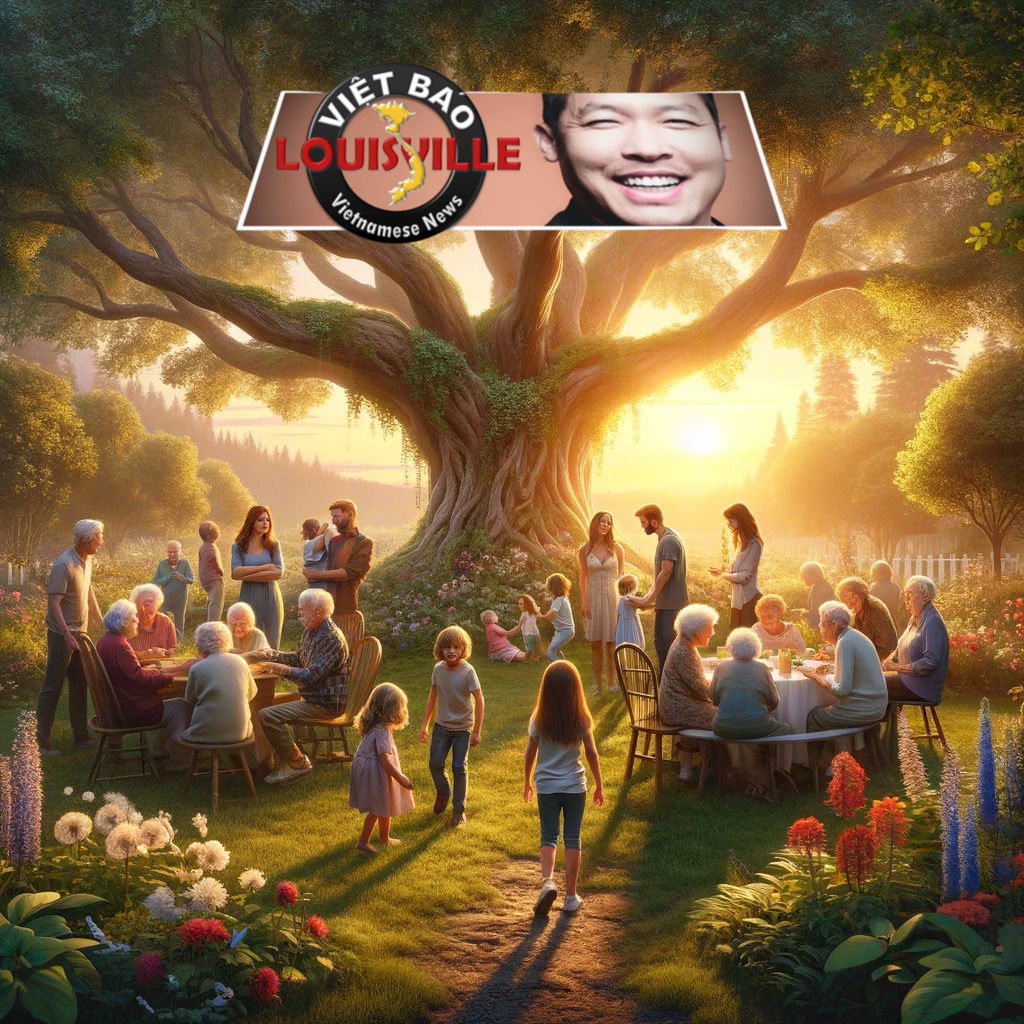As I navigate through my early forties, an unusual feeling has begun to settle within me—a sensation of weirdness as I observe the undeniable signs of aging not only in myself but also among the people around me. It’s a phase of life where the youthful dreams of fame, power, recognition, money, and material wealth start to give way to a more profound understanding of what truly matters.
Recently, I found myself in a conversation with a group of friends in their mid-sixties. The topic of family gatherings came up, and one of them responded with a poignant smile, “Yes, often at funerals now.” This statement, though delivered with a touch of humor, struck a chord deep within me. It served as a stark reminder of the relentless march of time and the inevitability of change.
In our younger years, we are often consumed by a relentless pursuit of achievements and acquisitions, believing them to be the epitome of success. Yet, as we age, the realization dawns on us that perhaps we’ve been chasing shadows. The true essence of life doesn’t reside in the accumulation of wealth or accolades but in the moments we share, the time we spend, and the values we cherish.
Di Tran, reflecting on this shift in perspective, captures the essence of this transition beautifully. He posits that instead of chasing the ephemeral, we should aim to add value to every second of our existence. This doesn’t necessarily mean making grand gestures or undertaking monumental tasks. Rather, it’s about enriching our lives and those of others through kindness, compassion, understanding, and gratitude.
The acknowledgment that our time is finite should not fill us with dread but rather with a sense of urgency to live more meaningfully. It’s a call to cherish the present, to appreciate the beauty in the mundane, and to acknowledge the impermanence of life itself. This realization brings a certain clarity, shifting our focus from the pursuit of what we can accumulate to what we can contribute.
As we get older, the importance of building and nurturing relationships becomes more apparent. The bonds we forge with family and friends, the love we share, and the memories we create become the most cherished treasures of our lives. These are the things that endure, the legacies we leave behind.
In light of this, the witty remark about family gatherings at funerals serves as a poignant reminder of the cycles of life. It underscores the importance of coming together, not just in moments of sorrow, but in celebration of life itself. It’s a reminder that in the grand scheme of things, the moments we truly live for are those filled with love, laughter, and the company of those we hold dear.
In conclusion, the realization that we, and everyone around us, are getting older can initially feel unsettling. However, it also offers an invaluable perspective shift. It teaches us that the pursuit of time and the value we add to every second of our lives is far more rewarding than any materialistic endeavor. As Di Tran aptly reflects, it’s about being thankful for the time we still have and making the most of it by living a life filled with purpose, love, and gratitude.

